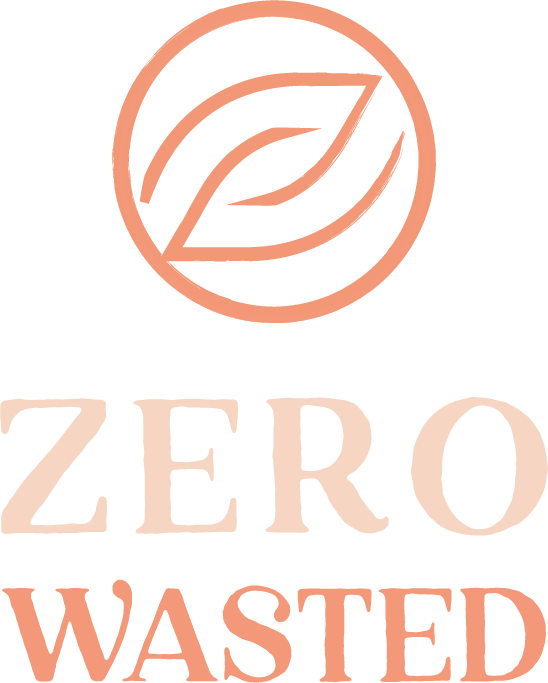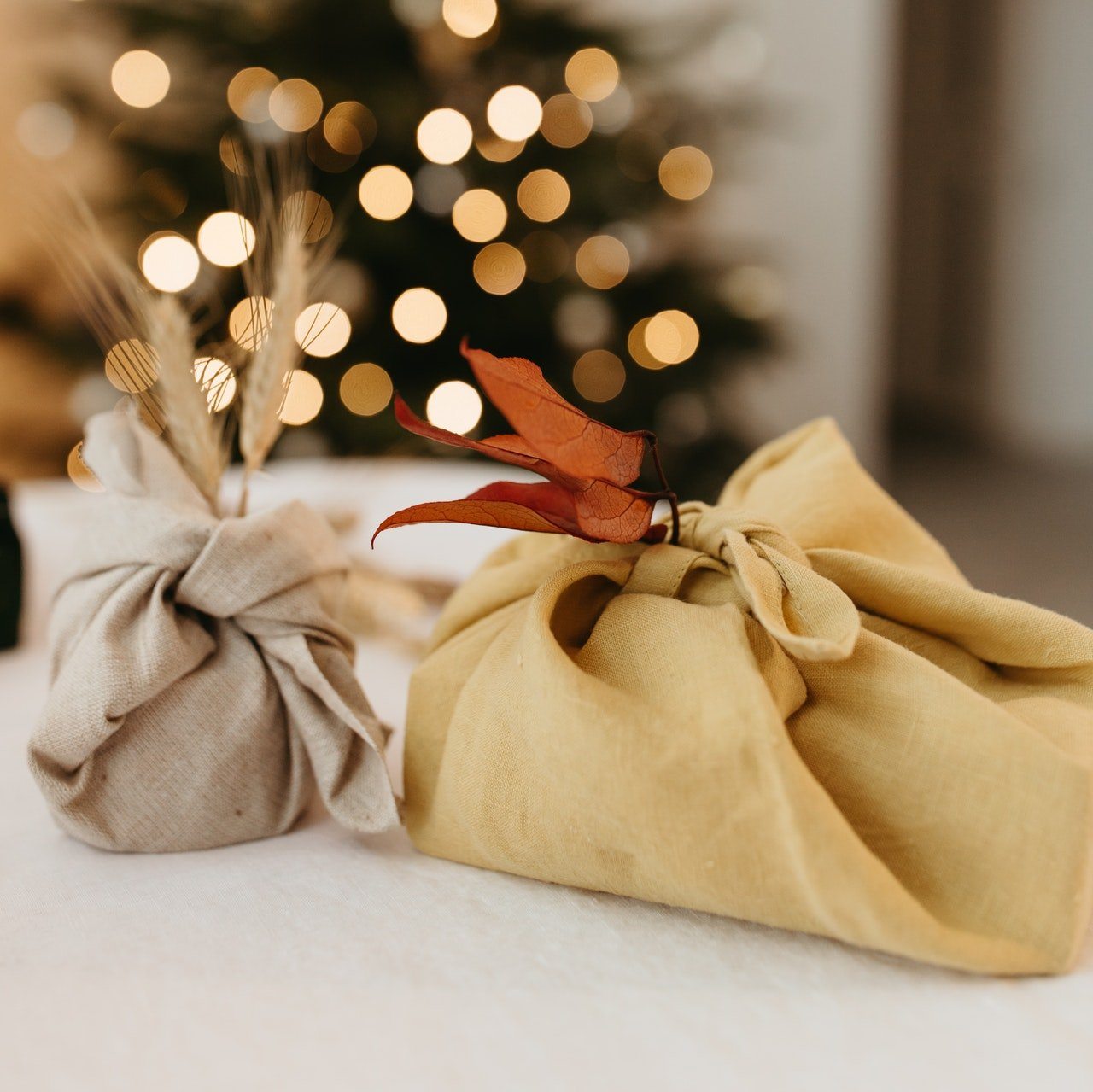Best Plastic Free & Organic Tampons
At Zero Wasted, our mission is to help you make informed, conscious choices—we do the research so you don’t have to. Affiliate Disclosure: Some articles may contain affiliate links, meaning we may earn a small commission if you make a purchase through them. This comes at no extra cost to you, and we only recommend products we truly believe in.
The average woman uses 12,000 tampons in her lifetime and 1.3 billion plastic tampon applicators go to landfill after just one use every year in the UK.
Currently 90% of period products are single-use, made with non-sustainable fibres such as viscose, rayon and have plastic packaging and applicators. Our guide looks at the best plastic free and 100% organic cotton tampons you can buy in the UK for a more sustainable period. Here's what we're looking for:
CERTIFIED ORGANIC
The Global Organic Textile Standard (GOTS) certified organic cotton uses zero pesticides, 71% less water, 62% less energy and produces 46% less CO2e than traditional cotton and takes around 6 months to biodegrade in a compost pile.
TCF FREE TAMPONS
Totally Chlorine Free (TCF) is a method of purifying the cotton using hydrogen peroxide instead of chlorine which creates toxic chemicals and byproducts like dioxin. We also want zero perfumes or dyes.
PLASTIC FREE TAMPONS
Traditional tampons contain an average of 6% plastic with single-use plastic wrappers and applicators which can take around 500 years to break down into microplastics.
TAMPONS 101
Bin it, don't flush it.
Images credits: Pexels and @ella_daish on Twitter
3 Benefits of Switching to Organic Tampons
1. Reduce waste
They return to nature without causing chemical or plastic pollution. Because organic tampons are made from 100% cotton they can be home composted and they can break down in under a year vs. traditional tampons and plastic applicators that can remain in landfill for hundreds of years.
2. Protect the environment
GOTS certified farms don't use herbicides or pesticides, meaning our farms and farmers stay healthy and they don't reach into our waterways. Soil life is well-protected and organic farming methods lock CO2 into the soil instead of the atmosphere. Organic cotton farming works with nature, not against it.
3. Less irritation
A combination of chlorine bleached rayon and cotton make up your typical tampons and can also include plastic, fragrances and artificial absorbent fibres which rapidly absorb menstrual blood but at the same time can dry out the protective mucous lining of the vagina. Going 100% organic cotton means it's less likely to cause irritation to your most sensitive skin.
Best Plastic-Free & Organic Tampons
Thank you for reading our guide on the best plastic free and organic tampons to buy in UK. If there's a great brand we haven't featured please let us know by dropping us a message.
🩸
Newsletter Signup






